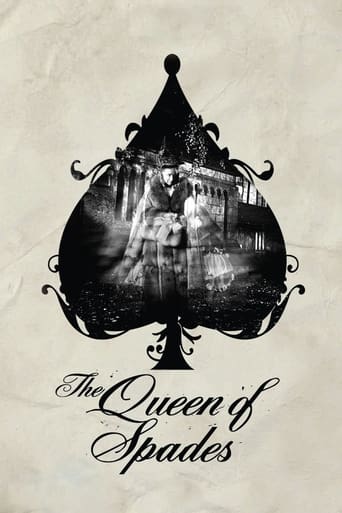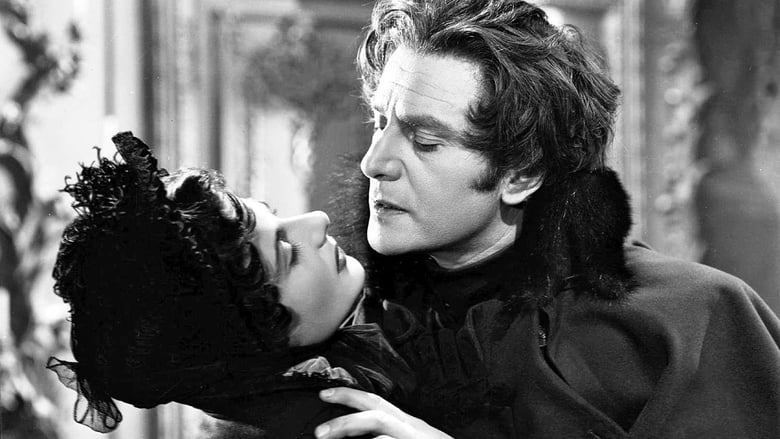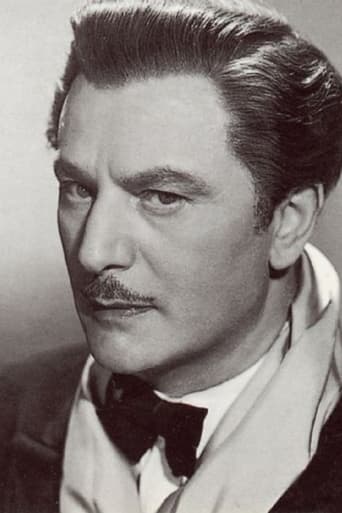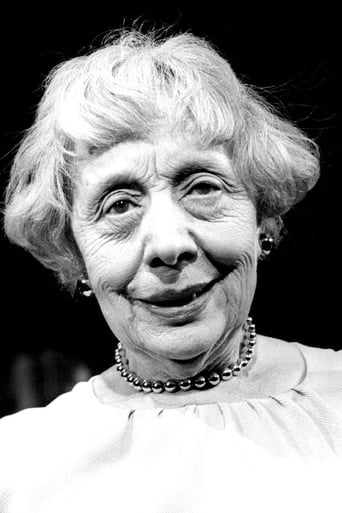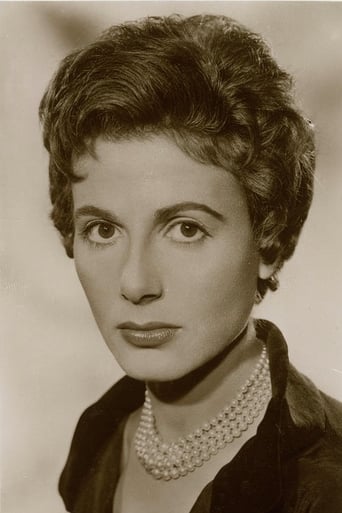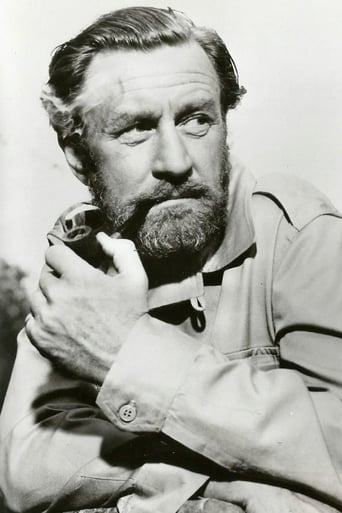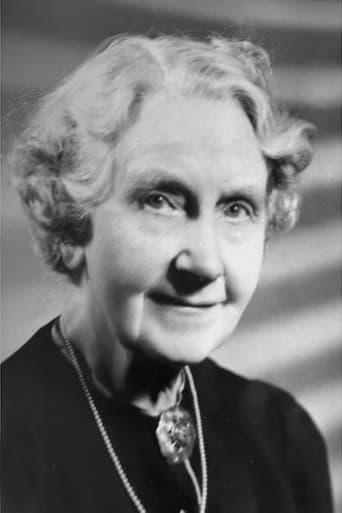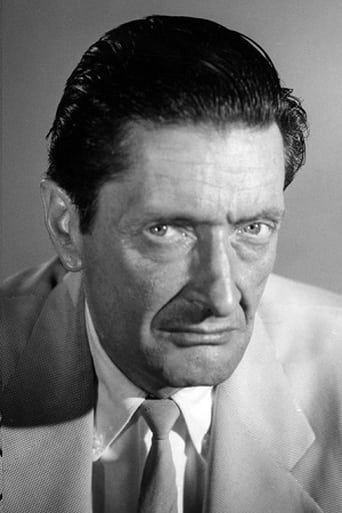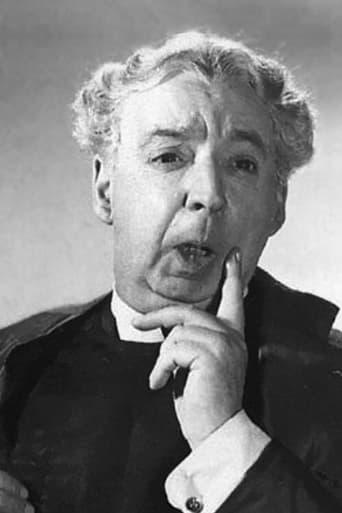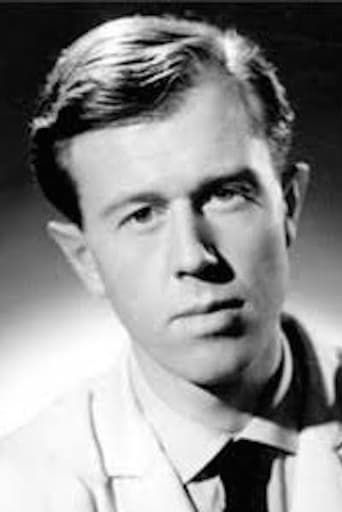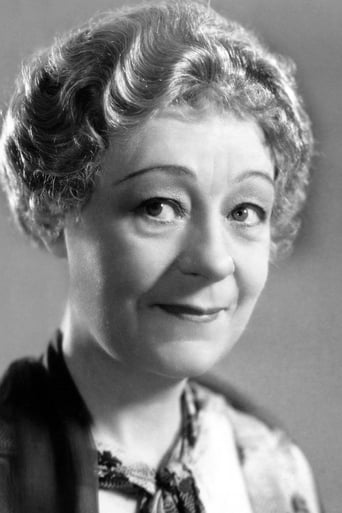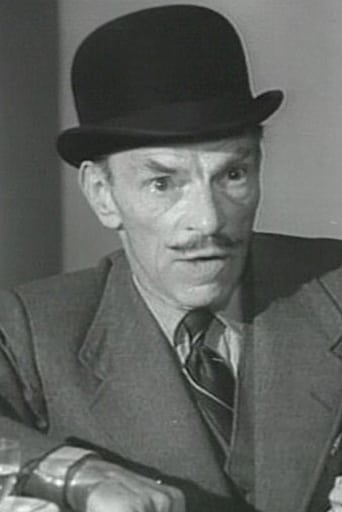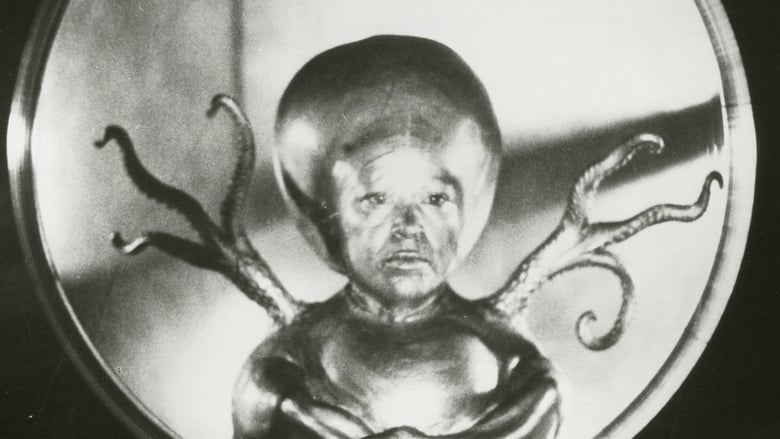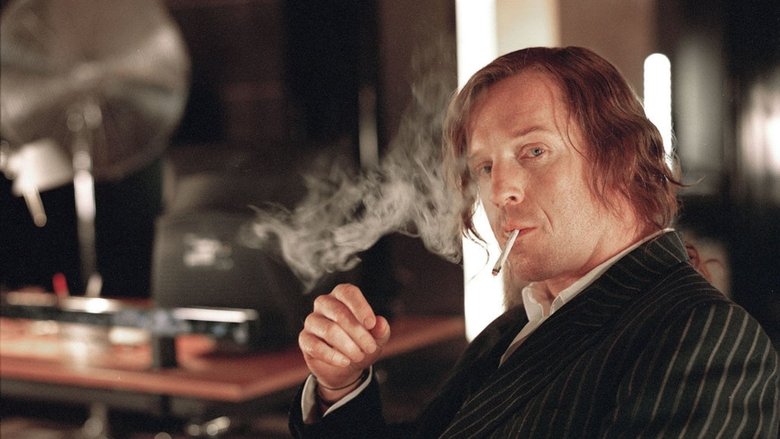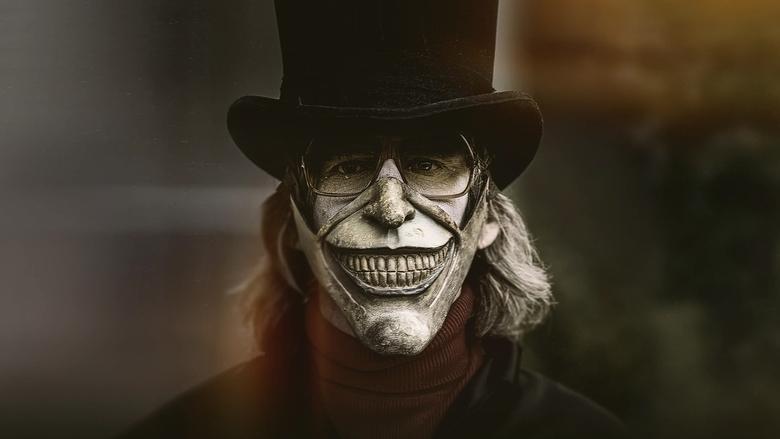An elderly countess strikes a bargain with the devil and exchanges her soul for the ability to always win at cards. An army officer, who is also a fanatic about cards, murders her for the secret, then finds himself haunted by the woman's spirit.


Similar titles
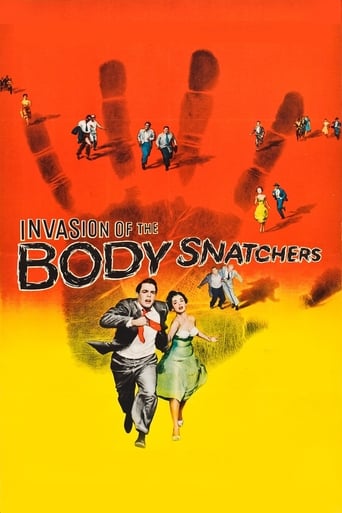
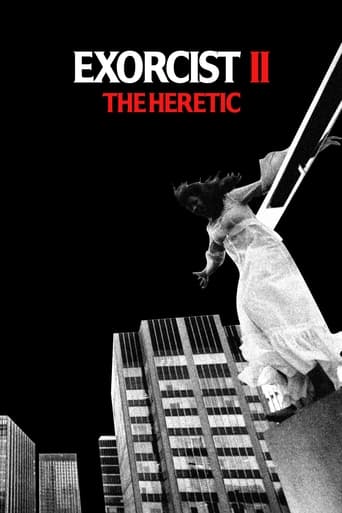
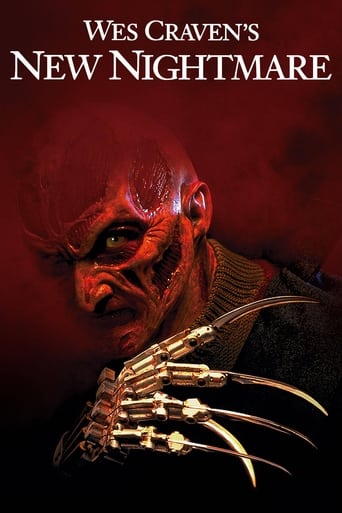
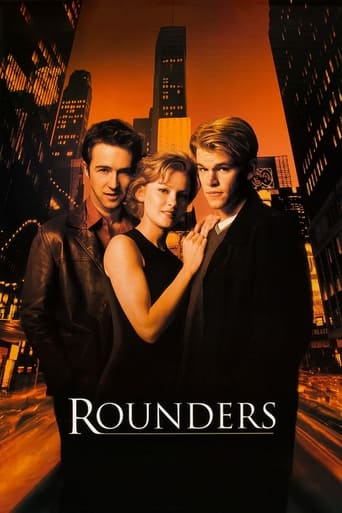
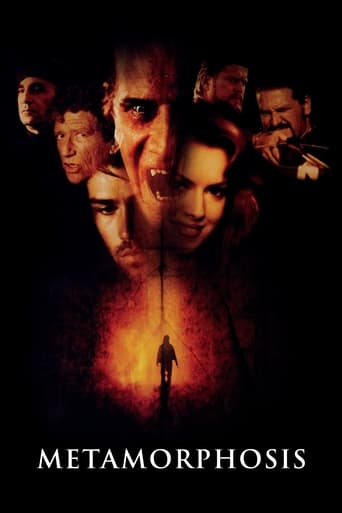
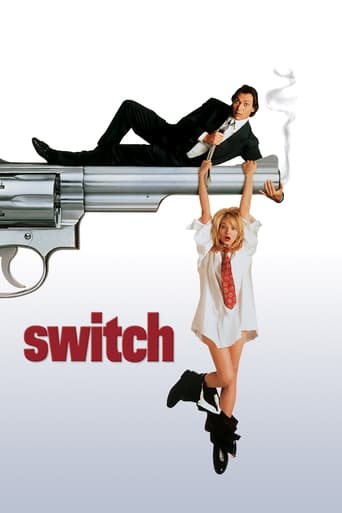
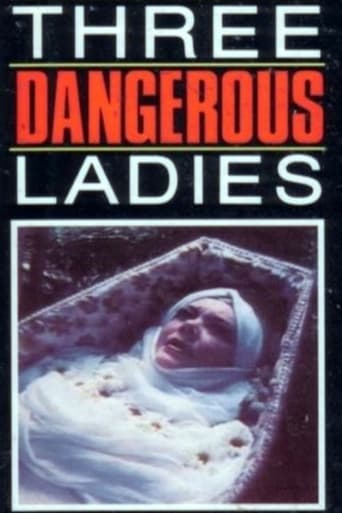
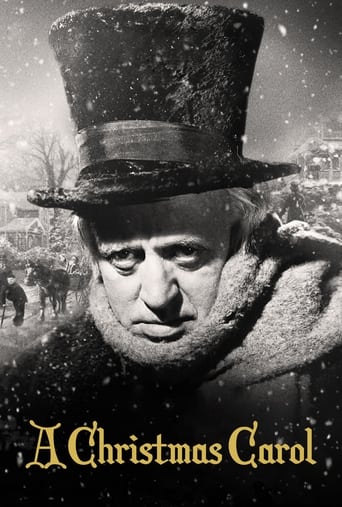
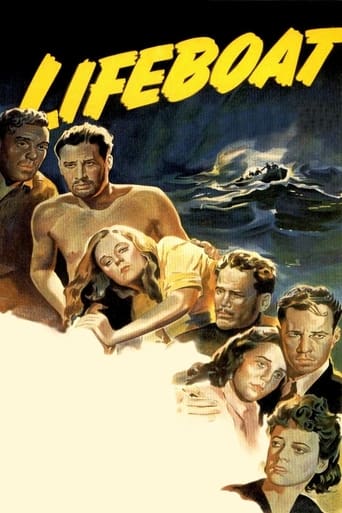
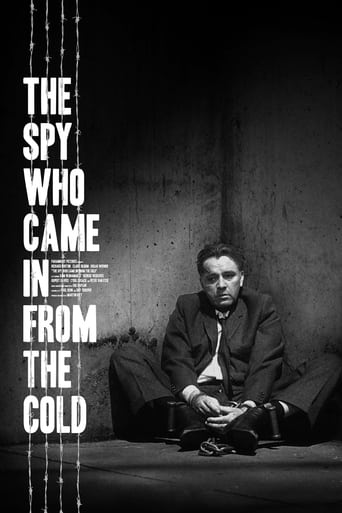
Reviews
Any other version of Alexander Pushkin's short story classic The Queen of Spades, that isn't one of the brilliant Tchaikovsky opera, has to be really outstanding to beat this film, which is often considered the definitive version. And it's easy to see why. The costumes and sets are very handsome and the cinematography is sumptuous while also brilliantly having an ominous effect. The score from Georges Auric, who also wrote the score for 1946's La Belle et La Bete (another classic), is haunting without ever being obvious or intrusive(in fact a lot of it is a large part of what makes the atmosphere so effective). While Thorold Dickinson directs with a more than sure hand, there are some imaginative touches and he allows the atmosphere to really speak, a good thing considering that it is a ghost story, and the dialogue is intelligently written and easy to understand while respectful to Pushkin. The story is hugely compelling, yes it is a slow-burner(which is not a hindrance at all, the film was unlikely to be as effective otherwise), but the spooky atmosphere and the high levels of suspense make the film's best scenes chill the blood even now. In particular the card scene, a scene that you'd be hard pressed to find a better one on film. The acting is spot on, especially from Anton Walbrook, who gives perhaps a career best performance, and a heavily made up(and effectively) Edith Evans- looking deliberately older than her years- who is terrifying and tormented. Yvonne Mitchell is an affecting Liza and I haven't seen Ronald Howard more endearingly sensitive than here. All in all, beautiful and chilling both as an adaptation of a classic and as a film in general, one of the best and maybe most under-appreciated in the genre. 10/10 Bethany Cox
It's comforting to think that Alexander Pushkin, had he been born a hundred years later than he was, could undoubtedly have found employment writing screenplays for Val Lewton. As it is, we'll just have to put up with all those plays, novels, poems, operas and short stories he wrote. The Queen of Spades, based on a story by Pushkin, is a marvelously atmospheric and menacing tale of obsession and greed. It takes places in 1806 St. Petersburg. Captain Herman Suvorin (Anton Walbrook) is a poor German engineer serving in the Czarist army. Gambling has become the rage and faro is the card game of choice for all the rich, aristocratic and arrogant young officers who laugh at Suvorin. He hasn't the means to gamble and he hasn't the means to purchase advancement. Then he hears the story of Countess Ranevskaya (Edith Evans), who, a generation earlier, is supposed to have sold her soul for "the secret of the cards"...the three cards to choose which will win a fortune at faro. Amazingly, the Countess is still living, almost a recluse, with a beautiful ward. Suvorin determines to find a way to woo the young woman as a method to gain entry into the Countess' palace and to the Countess herself. He is determined to learn from her the three cards. He does, or thinks he does, and we witness madness and death. Says one character, "I believe all human beings are fundamentally good. I'm convinced of it. Yes, and I believe that evil is a force, a mighty force, that is abroad in the world to take possession of men's souls, if they will allow it to." Oh, Suvorin. Now if Val Lewton had produced this we might have a cult classic on our hands. As it is, we have a movie which has been nearly forgotten. Too bad. The film might have been made with little money but it doesn't look it. Snow and slush cover the frigid St. Petersburg streets. Candles flicker and gutter. Deep shadows hide cubbyholes and doorways. There are ragged peasants and beggars, an ornate opera house and a dazzling ballroom filled with dancing aristocrats. There is the Countess' palace with it's decorated rooms, angled staircases, bare kitchens and cold servants quarters. There is the Countess' bedroom with it's secret passage and the stone steps leading to a hidden entrance. The black-and-white cinematography is excellent; everything shadowed might hold madness or a threat. Making everything work are the two mesmerizing performances by Walbrook and Evans. With these two actors it's a pleasure just to observe Suvorin's growing obsession and to hear the tap of the Countess' cane and the slow, steady swish of her silk gown. Anton Walbrook was one of the great actors of his time. Sometimes he would almost teeter on the brink of mannerism, but he'd invariably deliver performances of startling quality. With his intensity, his Austrian accent and his ability to draw out a vowel for effect, it was difficult not to keep your eyes on him. At 53 he is playing 20 years younger and does so with ease. Edith Evans was 57 when she made this, her first film after years of stardom in the theater. She plays a selfish, irritable 90-year-old woman, querulous and suspicious. When Suvorin and the Countess finally meet in the Countess' bedroom, an acting student could learn much just by watching the two. Walbrook has all the lines; Evans watches and reacts. It's a toss-up as to which betters the other. I think both Pushkin and Lewton would have enjoyed this movie.
I've seen this now probably 10 times or more over the decades it's an out and out genuine British film classic, and still only Thorold Dickinson and Anton Walbrook's second best to Gaslight made 10 years before. The stories themselves had similarities, Walbrook in both playing an avaricious amoral character using a weak-willed woman to meet his own despicable ends. The production values in both were high lending a richly dark and brooding b&w atmosphere on nitrate film stock to compliment the inventive camera-work.Relatively poor Captain in the Royal Engineers jealous of the wealthy Cavalry officers around him dreams of making his fortune at faro, and eventually gets his way at the price of his precious soul. How he does it is a spooky tale involving an ancient irritating Countess played by the perfect Edith Evans and his attempt to get her to acquiesce to his demands. Who can forget the funeral scene when Walbrook is wondering how the dead can give up their secrets! Everyone acted their hearts out, Ronald Howard nicely restrained to Walbrook's occasional lapses into melodrama. Auric's music is spot on and as graceful as ever, we even get a preview of Orpheus in here to which he composed the music for the following year. The game of faro as depicted here always struck me as particularly boring, but I suppose it was as good a way as any for someone to lose money fast. The secret of winning money at cards is not to play for money at all and to keep your money. I simply can't understand why anyone would watch this for the full 90 minutes hating almost every minute and then waste more of their time telling us!An utterly marvellous film, a UK post-War Wonder which will survive all comments positive and negative.
Yes, the cinematography is quite good and the cast includes some respected actors and its from a Pushkin short story, hopefully the source did a better job of telling the story. It's a good concept, but I wasn't overly impressed with the execution. The film had some annoying plot points that weighed this film down and which may or may not be attributed to the source material.I didn't like any of the characters the least bit, so I hope I wasn't supposed to. I couldn't begin to feel sorry for young Lizaveta Ivanova being willingly under the thumb of a truly obnoxious rich old crone who had apparently sold not only her soul to the devil, but her personality as well. I can't imagine too many people really missing Old Countess Ranevskaya when she died, she was like the poster child for why some young people neither like nor respect their elders. She was a grumpy unlikable old control freak only slightly less annoying than Tallulah Bankhead's religious freak in Hammer's "Die! Die! My Darling!". Anton Walbrook did a good job of portraying Suvorin, the gambler who doesn't want to actually gamble anything. He's a man who is looking to sell his soul to gain wealth and power, yet by his actions he seems to be lacking one to bargain with.***SPOILER ALERT*** Here are some stupid plot points that helped kill this film for me: #1- Oh no, she has found the secret staircase behind the bookshelf! Where is the key, I must find it! Big.F-ing.Deal. So there's a secret staircase, with which she could do what escape your royal annoyingness forever by slipping out through the room that you rarely seem to leave? If she could leave by that door she could just as easily walk out the front door and get herself a life of her own. I can't see why the secret room should be such a big deal if it has no treasure hidden within it, which seems to be the case since no one found anything other than a staircase concealed there. It only seems to exist to give Savorin an escape route later in the film. Yes, the look she gives Savorin as he exits the bookcase is a nice shot.#2- The ending scene of the Faro game created good tension, but ended rather stupidly. The mysteriously changing Faro card: This could be pretty eerie if it made any sense. So we are to assume the old woman did it from beyond her grave? Would the devil she sold her soul to really care to help her shortchange another wishing to sell his soul for the same secret? If I want to watch a movie centering around a deck of playing cards, I think I'll go watch the superior original "Manchurian Candidate" again.#3- The happy sappy crappy ending with the birds. If Ivanova wanted a real happy ending much earlier, she could have freed herself from the cage she allowed herself to be in.Somehow this overrated film was nominated for the BAFTA for Best British film the same year that Carol Reed's great "The Third Man" deservedly won it. The only other film also nominated that year that I had heard of was "Kind Hearts and Coronets". "Queen of Spades" was produced by Anatole de Grunwald whom the movie trailer on the DVD tells me also produced other 'great' films which I have not seen and as such I am expected to assume that this film must then be some must-see masterpiece. This wouldn't be the first or the last time that a producer made an acclaimed film and followed it with a mediocre overrated picture.This pretty costume drama of a film meandered around boring me for a while, then gave me a bad romance between a stupidly smitten girl and conniving man and adds a third to the triangle with a boring character and after the death of an obnoxious old woman concludes with a tense, but ultimately ridiculous card game.Do you really want good 'slow burn Brit horror'? Watch the 1973 "The Wicker Man" instead.
